Managing Withdrawal


Most people eventually come to a point where they have had enough because they see the negative effects of their drug use greatly outweigh any positives.
This is when they can make a committed decision to stop. The first step is figuring out the best option for them, and how you can help.
The NZ Drug Foundation offers the following helpful advice to keep in mind when managing withdrawal.
Stay safer by staying informed. Sign up to receive alerts and notifications about any dangerous drugs in NZ. Check out the alerts page to see what we've already found.
Withdrawal can be uncomfortable and challenging
Stopping drug use can have unpleasant physical and emotional side effects, which may affect the whole body.
The most common psychological symptoms are: irritability, urges to use, anxiety, depression, anger, and confusion. The most common physical symptoms are: sleep problems, restlessness, loss of appetite, tremors, night sweats, and diarrhoea.
These symptoms are a reason why people find it hard to stop using drugs. They may not succeed the first time, but their chances will be much better if they have your support.
People who have used drugs for a long time can become undernourished
People who use drugs often do not eat well.
Encouraging and providing a healthy diet; fresh fruit, vegetables and lots of protein, can help improve physical and mental health. They may find natural therapies, such as rongoā Māori, enhance their wellbeing and commitment to self-care and withdrawal.
Be encouraging, help your loved one recognise success
This is most important when they are going through a difficult time.
Successes may be as simple as achieving a drug-free day, eating well, or exercising. It can help to encourage your loved one to do other activities to take their mind off the withdrawal symptoms, including listening to music, watching TV, downloading a movie, walking, swimming, or bathing. It can be helpful to do these things with them.
Remind them of the reasons they decided to quit
Talk to your loved one about the reasons they decided to stop using drugs, as they may feel overwhelmed and begin to lose their determination.
This can help people remain clear about why they are stopping, when the one thing that will make them feel better right away is using the drug they are addicted to.
Remind them of how far they have come, and that withdrawal will not last forever.
A counsellor or GP can usually provide advice on where to go for the right type of help. You, or your loved one can call the Alcohol Drug Helpline on 0800 787 797, or text 8681, for confidential, non-judgmental expert advice. It’s free and open 24 hours every day.
You can also chat to the Alcohol Drug Helpline team online through the website, or:
- Call the Māori Line on 0800 787 798 for advice and referral to kaupapa Māori services.
- Call the Pasifika Line on 0800 787 799 for advice and referral to services developed for Pacific people.
- Call the Youth Line on 0800 787 984 for advice and referral to services for young people.
This article originally appeared on the NZ Drug Foundation website.
Latest Articles
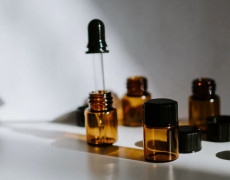
15 Apr 2024
Thinking of using GBL/GHB?
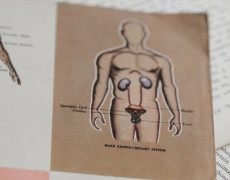
12 Apr 2024
Ketamine and bladder damage – know the risks
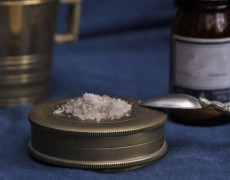
8 Mar 2024
Synthetic cathinones explained
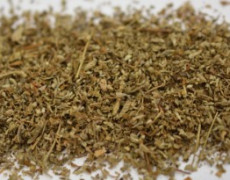
22 Feb 2024
What’s happening with synthetic cannabinoids?
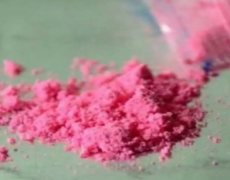
31 Jan 2024
What is tuci?
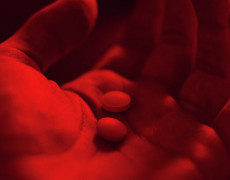
19 Jan 2024
Answering some common questions about MDMA

10 Jan 2024
Understanding the risks of the comedown

5 Jan 2024
Looking after your mental health

15 Dec 2023
Tips for a safer night out

12 Dec 2023
To mix it is to risk it
